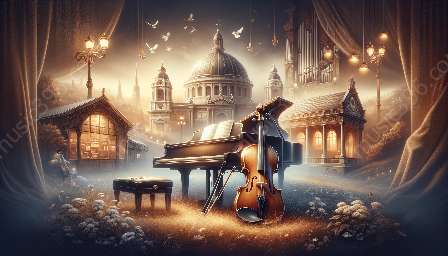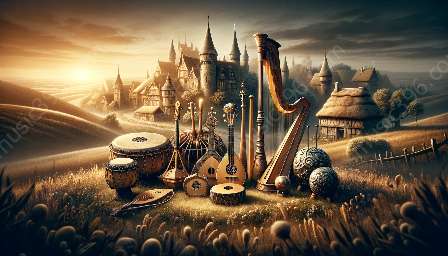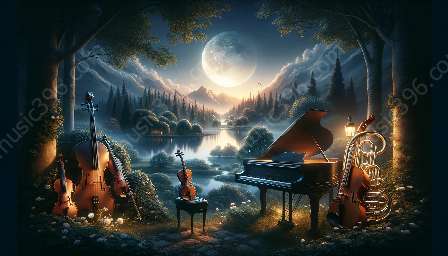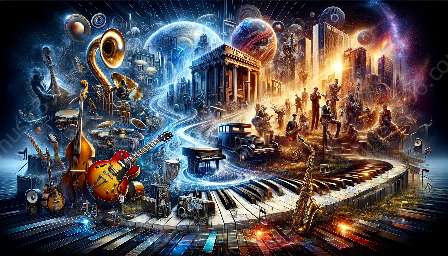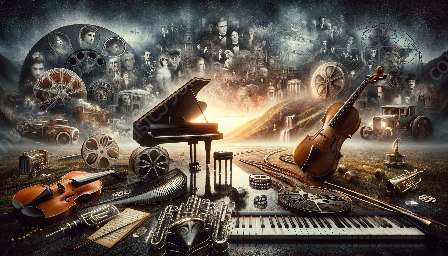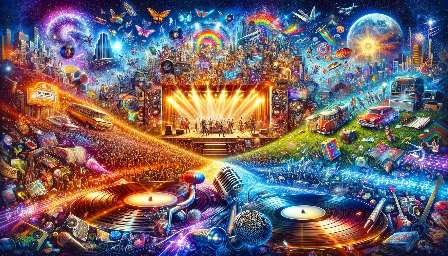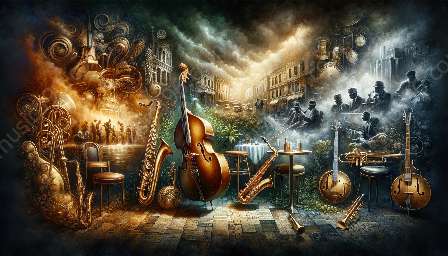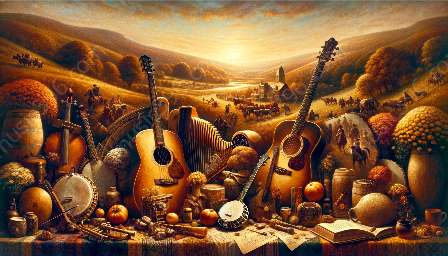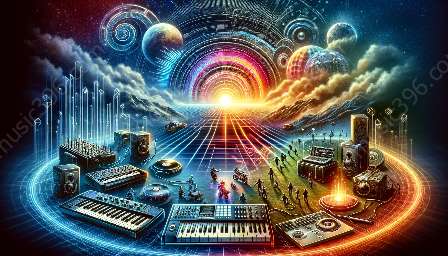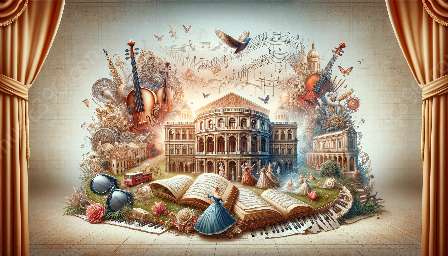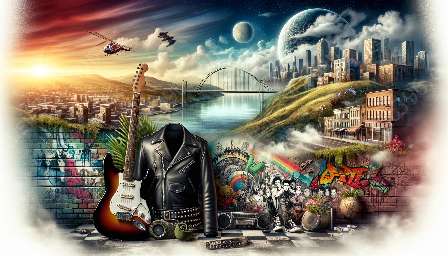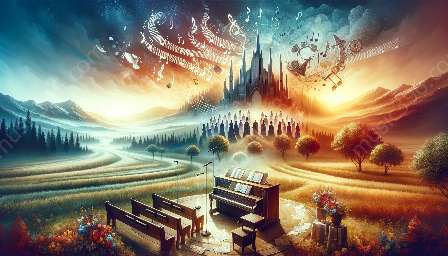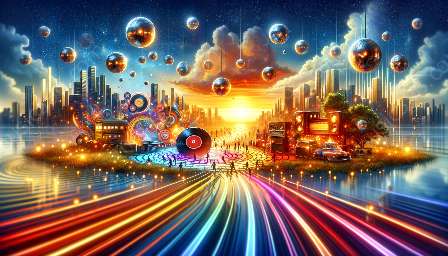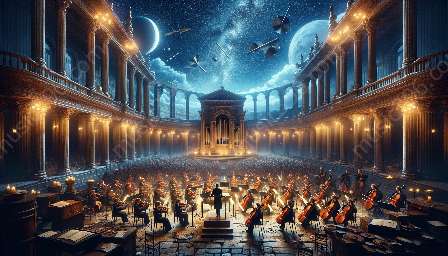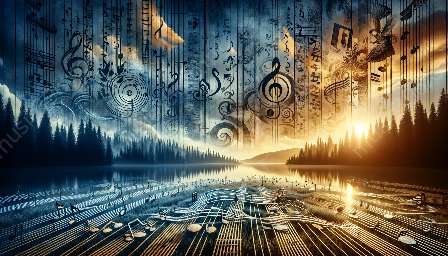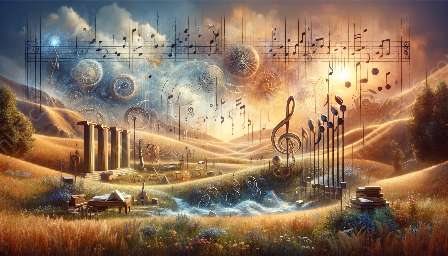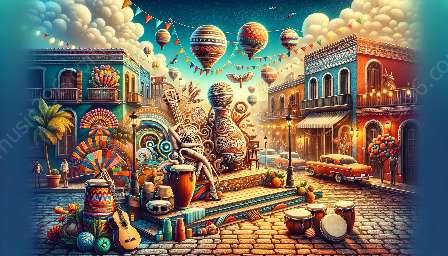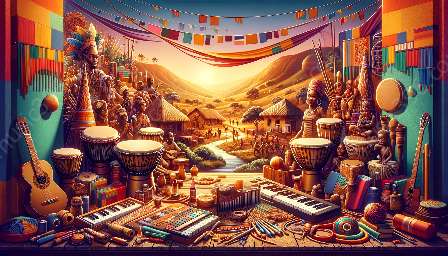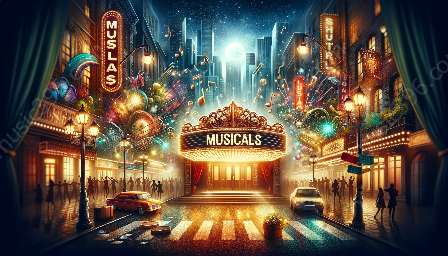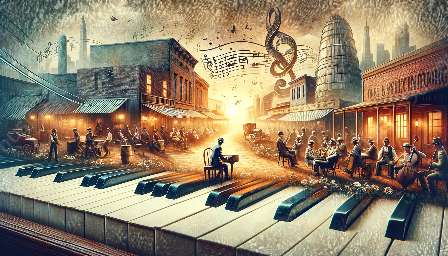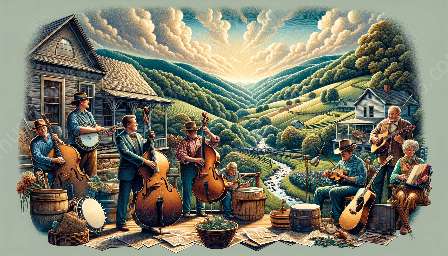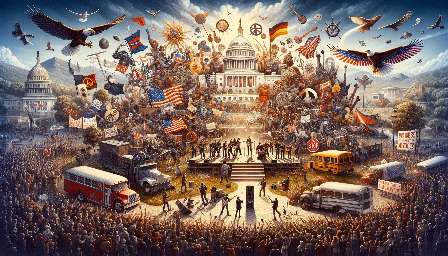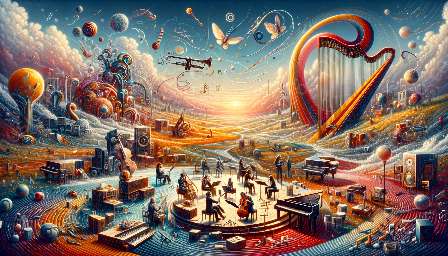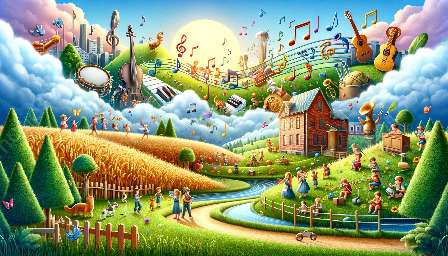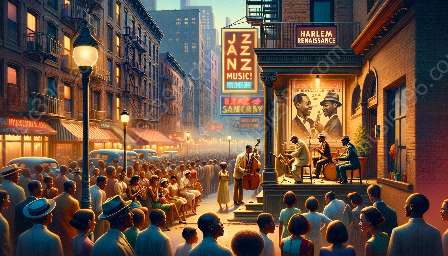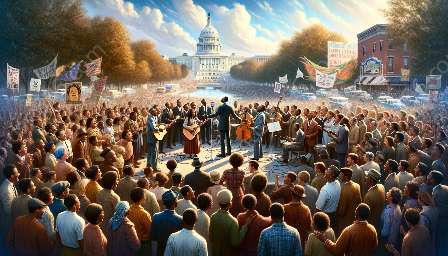Disco music's impact on club culture and nightlife has been profound, altering the way people socialize and consume music. It played a pivotal role in the history of music and club culture.
The Birth of Disco Music
Disco music emerged in the early 1970s, growing out of the urban nightlife scene in cities like New York and Philadelphia. It drew inspiration from various musical styles, including funk, soul, and Latin music, and incorporated elements of electronic and dance music.
Disco's Influence on Nightlife
Disco music had a significant impact on the evolution of club culture and nightlife. It transformed traditional social spaces, such as bars and dance halls, into vibrant and energetic discotheques, where people could escape, dance, and express themselves through music and fashion.
Integration of Visual and Performing Arts
One of the key contributions of disco music to club culture was the integration of visual and performing arts. Discotheques became venues for immersive experiences, featuring elaborate lighting, sound systems, and visual effects that complemented the music, creating a multisensory environment.
Empowerment and Inclusivity
Disco music played a pivotal role in promoting empowerment and inclusivity within club culture. It provided a platform for marginalized groups, including the LGBTQ+ community and people of color, to express themselves freely and find acceptance in a welcoming environment.
The Evolution of DJ Culture
Disco music also catalyzed the evolution of DJ culture. DJs became central figures in the nightclub scene, curating and mixing tracks to create seamless dance experiences. Their ability to read the crowd and adapt their sets to different audiences became a defining feature of disco-era nightlife.
Disco's Sociopolitical Impact
Beyond its musical and cultural contributions, disco music had a notable sociopolitical impact, fostering a sense of unity and resistance during a tumultuous era marked by social and political upheaval. It provided a soundtrack for liberation and self-expression, resonating with diverse communities seeking escapism and solidarity.
Legacy and Continued Influence
While the disco era eventually waned in the late 1970s, its influence on club culture and nightlife endured. Elements of disco music persisted in subsequent genres, such as house and electronic dance music, influencing how modern clubs curate their experiences and engage audiences.
In Summary
Disco music's impact on the evolution of club culture and nightlife was transformative, creating a lasting imprint on the history of music and social gatherings. It fostered a sense of liberation, empowerment, and inclusivity, forever changing the way people engage with music and each other in nightlife settings.

